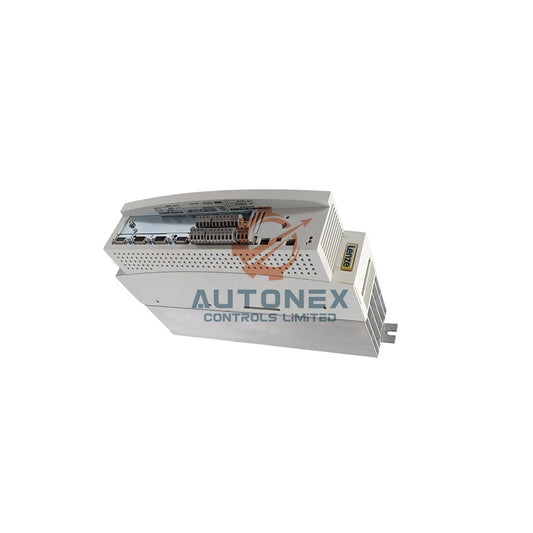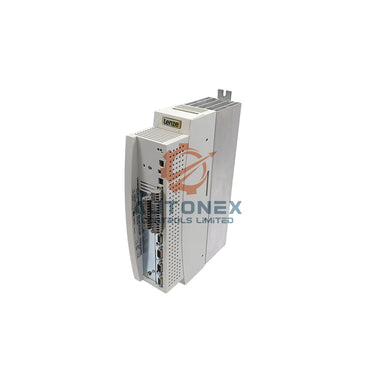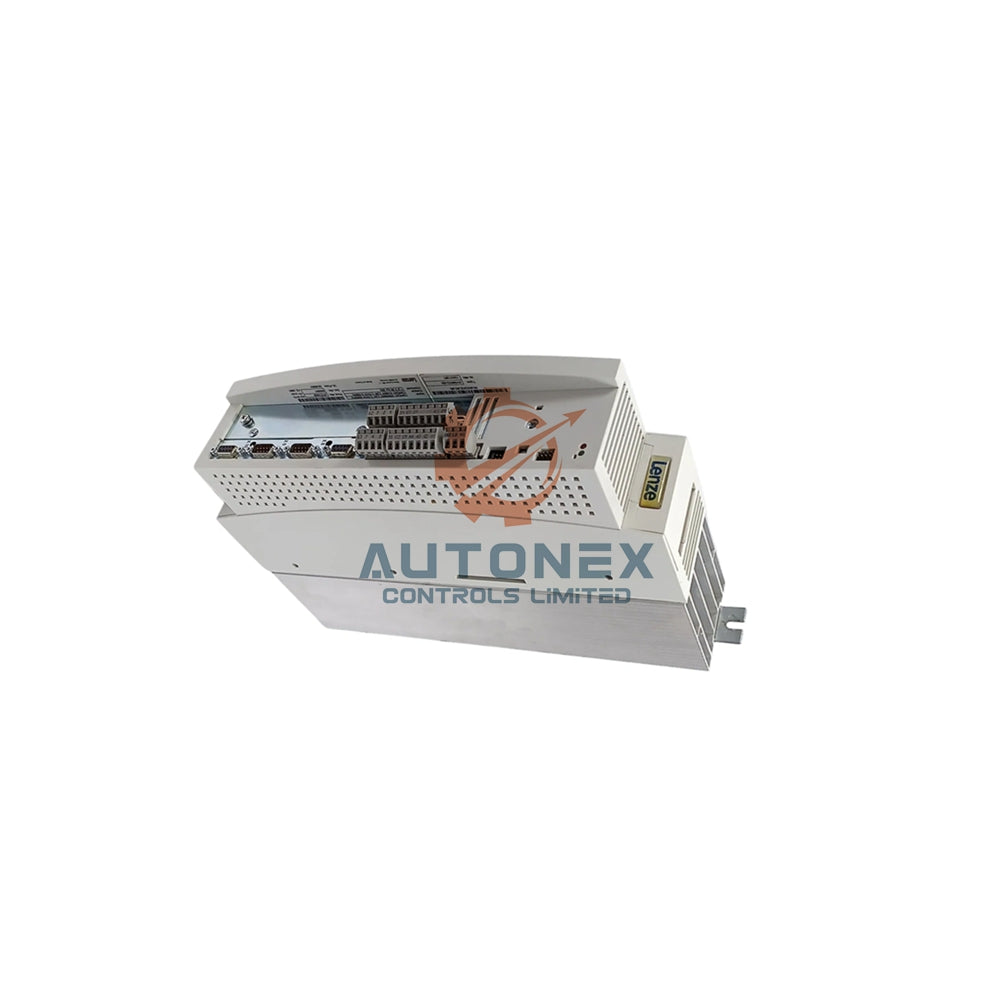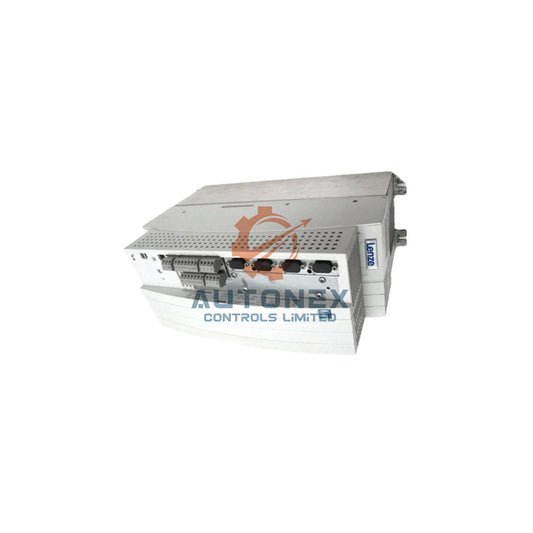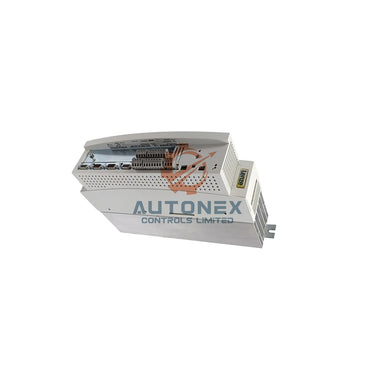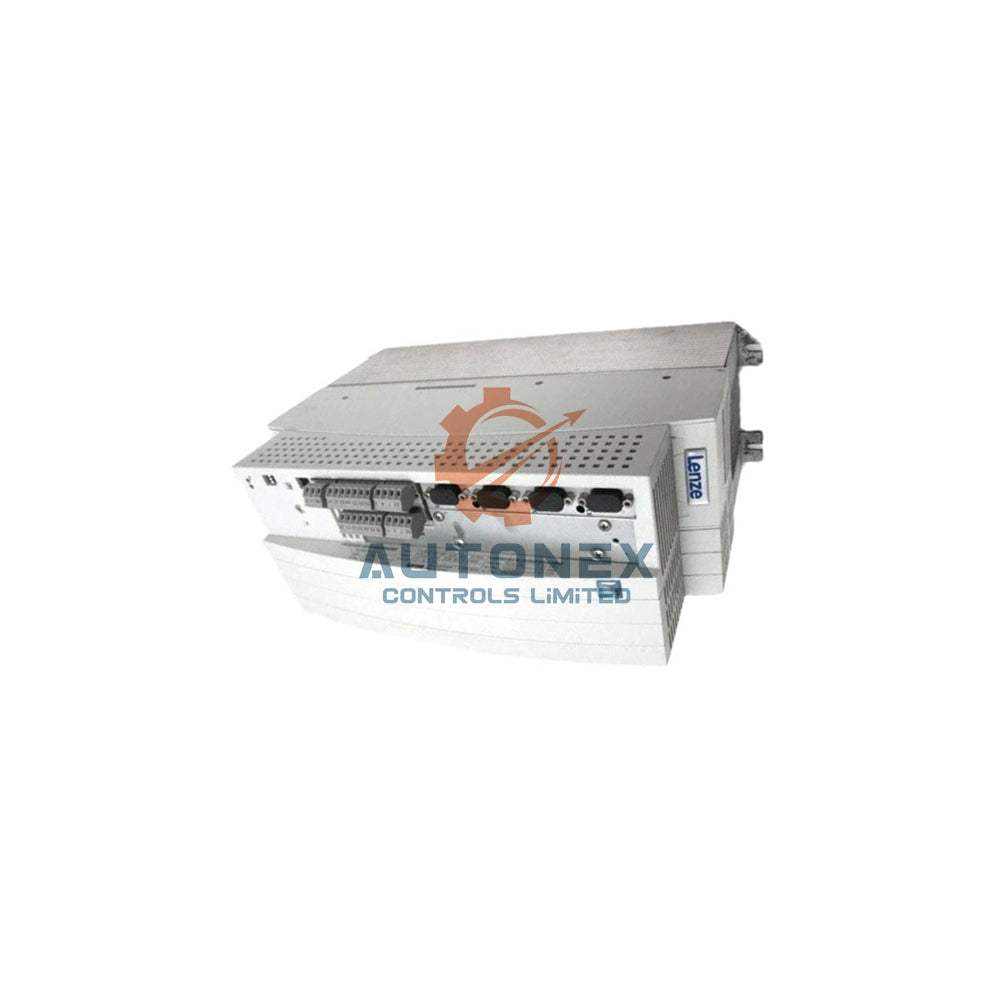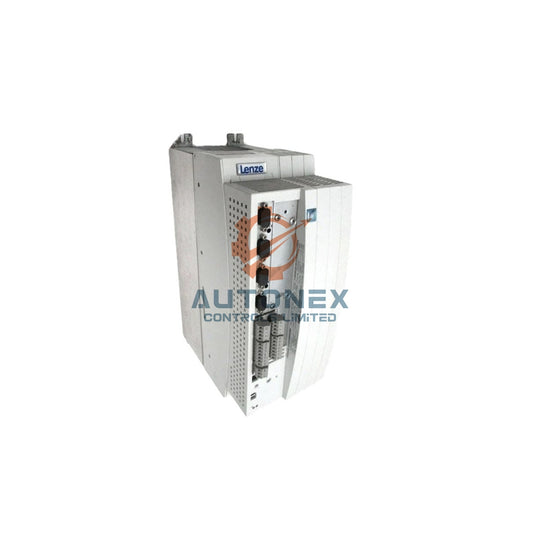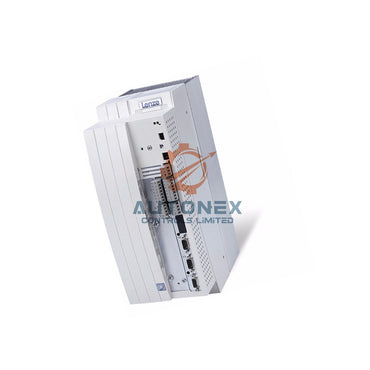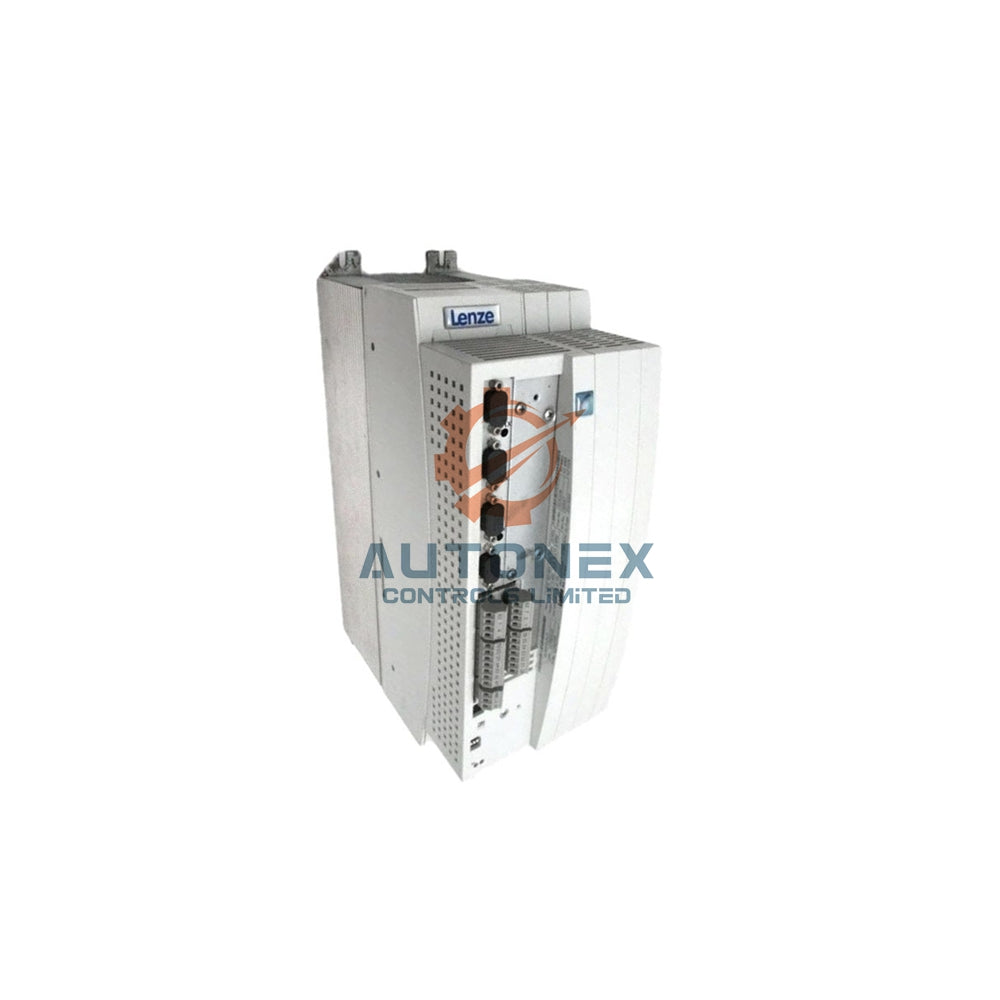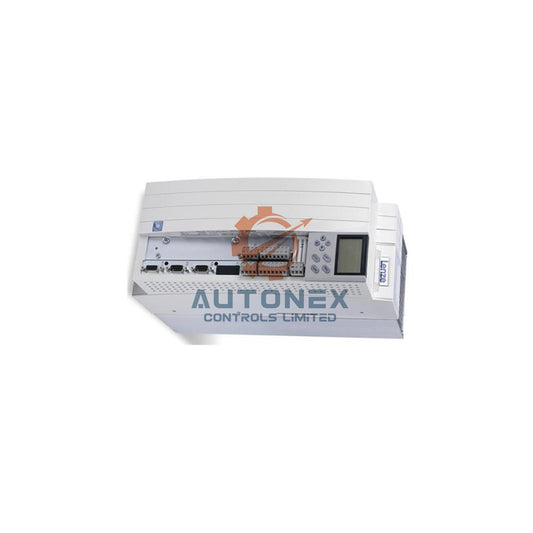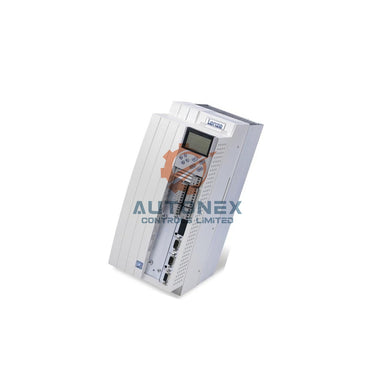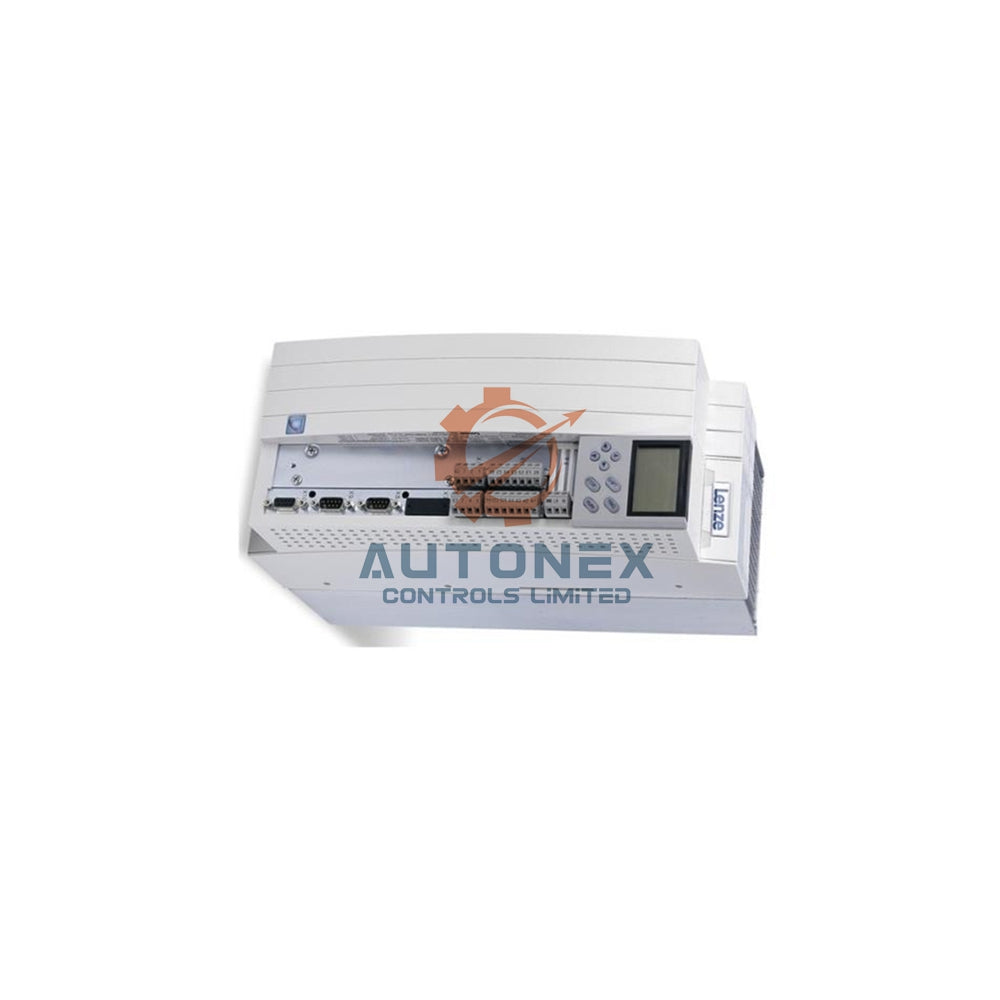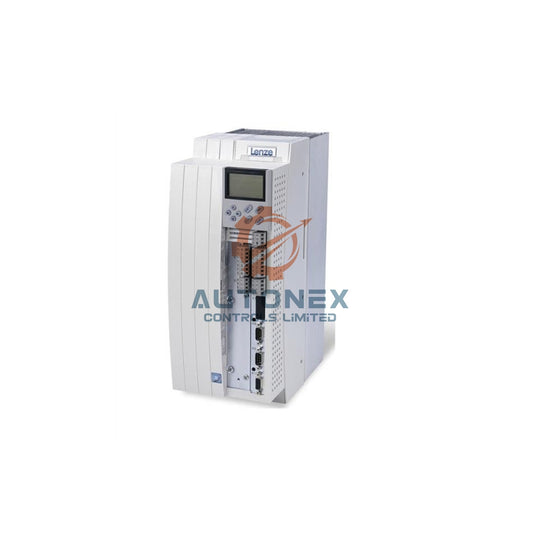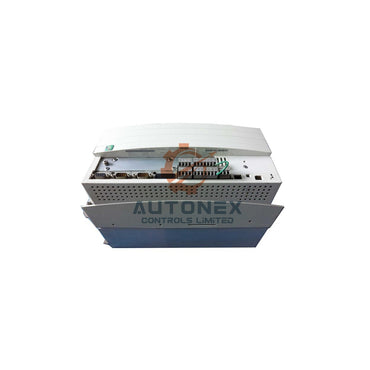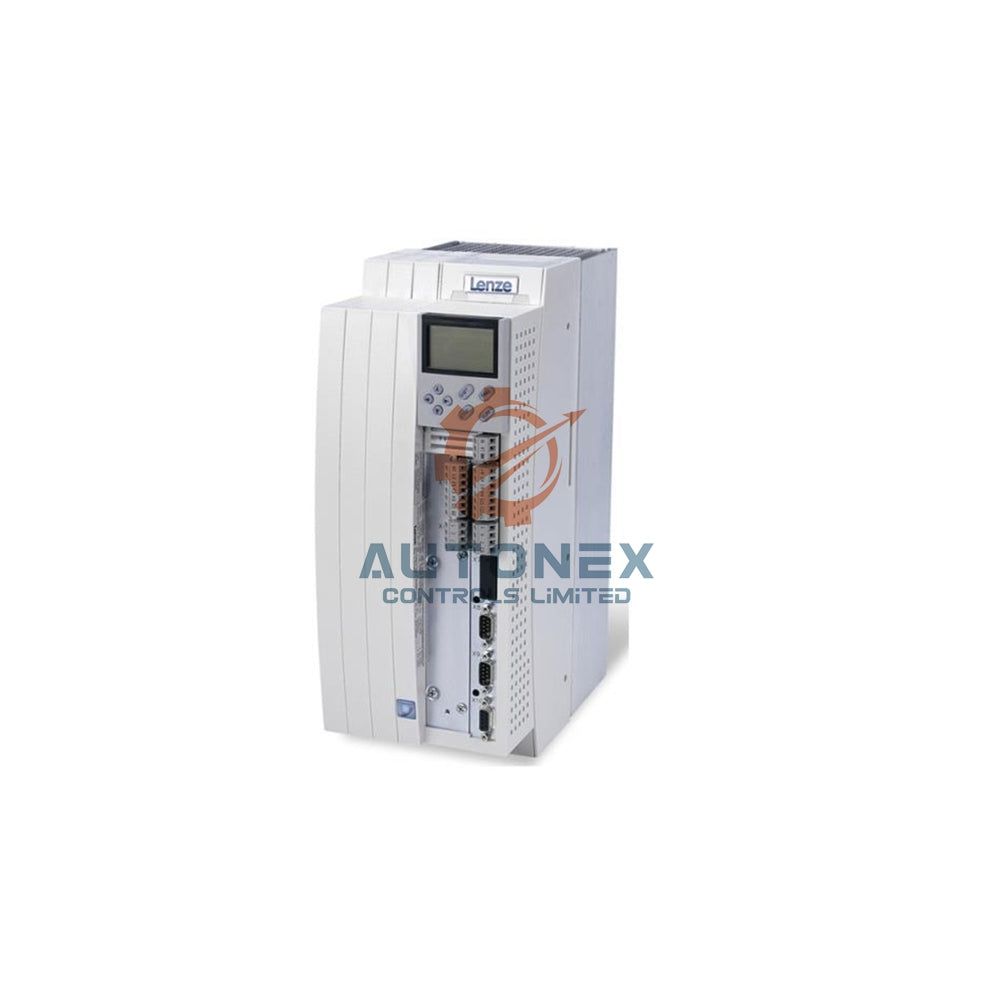El futuro de las operaciones industriales: cómo los HMI y SCADA de próxima generación están transformando la manufactura
Resumen ejecutivo
Los sistemas HMI y SCADA modernos han evolucionado de herramientas básicas de monitoreo a centros operativos inteligentes. Esta transformación está impulsada por la integración del IIoT, tecnologías en la nube y analítica avanzada, permitiendo a los fabricantes alcanzar niveles sin precedentes de eficiencia y conectividad.
De la monitorización básica al soporte inteligente para la toma de decisiones
Las instalaciones de fabricación actuales aprovechan los sistemas HMI y SCADA como centros nerviosos operativos integrales. A diferencia de sus predecesores que solo mostraban el estado del equipo, las plataformas modernas analizan datos, predicen resultados y conectan sin problemas las operaciones del taller con los sistemas empresariales. La convergencia del IIoT industrial, las arquitecturas híbridas en la nube y la analítica predictiva representa un cambio fundamental en la automatización industrial.
La conectividad IIoT mejora la conciencia operativa en tiempo real
Las tecnologías IIoT han revolucionado la interacción de los operadores con los sistemas de producción. Los HMI modernos ahora ofrecen métricas de rendimiento completas en lugar de indicadores básicos de estado binario.
- Los paneles Siemens Comfort con PLCs S7-1500 visualizan patrones de consumo energético
- Los terminales Allen-Bradley PanelView proporcionan paneles consolidados de KPI
- Los datos en tiempo real permiten la detección temprana de anomalías y decisiones basadas en datos

Las arquitecturas híbridas en la nube equilibran control y flexibilidad
Mientras que los sistemas SCADA tradicionales dependían exclusivamente de servidores locales, las configuraciones modernas híbridas en la nube ofrecen el equilibrio perfecto. Los fabricantes pueden mantener operaciones sensibles a la latencia en las instalaciones mientras aprovechan los beneficios de la nube para análisis multisede y monitoreo remoto.
| SCADA tradicional | SCADA híbrido en la nube |
| Acceso remoto limitado | Monitoreo remoto seguro |
| Escalabilidad desafiante | Expansión multisite sencilla |
| Solo datos localizados | Análisis centralizado |
La analítica predictiva cambia el mantenimiento de reactivo a proactivo
El avance más significativo en SCADA moderno implica capacidades predictivas que identifican problemas potenciales antes de que causen paradas. Las tendencias de análisis de vibración visualizadas en pantallas PanelView pueden señalar el desgaste del equipo semanas antes, ofreciendo beneficios sustanciales:
- 40-50% de reducción en tiempos de inactividad no planificados
- 25-35% menos costos de reparación
- Gestión optimizada del inventario de repuestos
El diseño moderno de HMI prioriza la experiencia del usuario
Los diseños contemporáneos de HMI se centran en una operación intuitiva mediante interfaces táctiles, paneles basados en roles y accesibilidad móvil. Estas mejoras ayudan a los operadores a responder más rápido con menos errores, reduciendo los requisitos de capacitación hasta en un 30 por ciento.
La ciberseguridad se vuelve integral en el diseño del sistema
El aumento de la conectividad eleva los riesgos de seguridad, haciendo esencial la protección incorporada. Las plataformas modernas incluyen comunicaciones cifradas, controles de acceso basados en roles y autenticación multifactor como características estándar y no como añadidos.
Perspectiva de la industria
La integración de la seguridad en la fase de diseño ya no es opcional. Los fabricantes deben priorizar plataformas con funciones de ciberseguridad integradas para proteger la infraestructura crítica.
La convergencia IT/OT crea inteligencia operativa unificada
La separación tradicional entre tecnología operativa y tecnología de la información se está disolviendo. Las plataformas SCADA modernas cierran esta brecha al conectar los datos de producción con los sistemas empresariales, proporcionando a la dirección una visibilidad integral del rendimiento manufacturero y los indicadores de negocio.
Escenarios de Aplicación en el Mundo Real
Estudio de caso: Planta de procesamiento de alimentos
La implementación de terminales PanelView Plus 7 con sensores de vibración habilitó el mantenimiento predictivo en motores de transportadores, resultando en una reducción del 40 por ciento en tiempos de inactividad no planificados en seis meses.
Estudio de caso: Proveedor automotriz
Los Siemens Comfort Panels con conectividad en la nube proporcionaron a los expertos remotos datos de proceso en tiempo real, reduciendo el tiempo de resolución de problemas de calidad en un 50 por ciento.

Preguntas frecuentes
¿Qué distingue a los sistemas HMI modernos de las versiones tradicionales?
Los sistemas HMI contemporáneos ofrecen capacidades analíticas y conectividad mucho más allá del monitoreo básico, incorporando análisis predictivos e integración empresarial.
¿Cómo beneficia el SCADA en la nube híbrida a las operaciones de manufactura?
Las configuraciones híbridas mantienen funciones críticas de control en las instalaciones mientras aprovechan recursos en la nube para análisis y monitoreo remoto, equilibrando seguridad y flexibilidad.
¿Por qué la ciberseguridad se ha vuelto crucial para los sistemas HMI/SCADA?
El aumento de la conectividad y la integración IT/OT amplían las superficies potenciales de ataque, requiriendo características de seguridad integradas en lugar de protecciones externas.
¿Qué papel juega el mantenimiento predictivo en el SCADA moderno?
Las capacidades predictivas transforman el mantenimiento de reactivo a proactivo al identificar fallas potenciales antes de que ocurran, reduciendo significativamente el tiempo de inactividad.
¿Cómo impacta la convergencia IT/OT en las operaciones diarias?
Eliminar las barreras entre la tecnología operativa y la de la información permite la alineación en tiempo real de los datos de producción con los indicadores empresariales, mejorando la toma de decisiones.
Consulte a continuación los artículos populares para más información en Autonexcontrol


